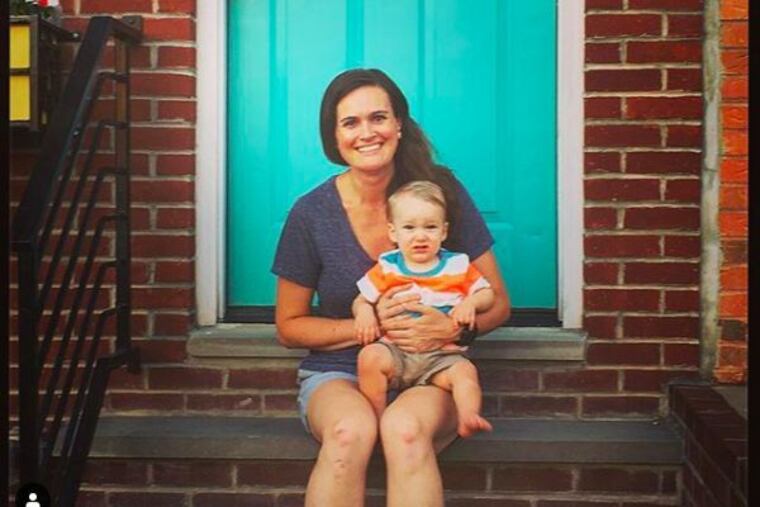Cancel your tax abatement, help Philly schools, and check your privilege | Opinion
Two South Philly women canceled their tax abatements for the greater good.

We are an educator and an organizer in the labor movement, respectively. Both of us were born in the Philly area, and both have us lived elsewhere. But we both found our way back here, and have settled down in the Point Breeze section of South Philadelphia. And, because we both bought rehabbed rowhouses, we both have 10-year tax abatements. Or, at least, we did.
Our paid work and volunteer organizing in our neighborhood and beyond have shown us that there is intense inequality all over the world, including here in Philadelphia, and especially in Point Breeze.
A quarter of Philadelphians live in poverty, and 14 percent live in deep poverty. But if you watch the development in the city, you may not know it.
On almost every block in our neighborhood, new houses are being built. In many ways, that’s great: Our city is growing, and we need to provide housing that keeps up with interest in our wonderful, far-too-forgotten city.
But the vast majority of new housing is being built for the wealthy. And in our neighborhood, the only homes being built or rehabbed are unaffordable for the average Philadelphian. A new development, 2100 Kimball, will provide 40 luxury townhouses at the edge of Graduate Hospital. The starting price is $975,000, and each home comes with a 10-year tax abatement. The idea that someone who purchases a million-dollar home needs or deserves a tax break is laughable.
Which is why we put our money where our mouths are and just contacted the Office of Property Assessment (OPA) asking to cancel our abatements. According to the Mayor’s Office, the beneficiary of an abatement may elect to have the abatement terminated by filling out a form and submitting it to OPA.
Neither of us totally understood what our tax abatements were or what they signified when we bought our homes. But once we connected the dots between our personal tax breaks and our under-resourced schools, we realized that there was no way to be advocates for public education while also being part of the process that starved our schools.
Many of our schools are filled with asbestos, rodents, bedbugs, and lead, and have the potential to make students, staff, and teachers sick. Right now, our public schools are partially funded through property taxes. As an educator and labor organizer — and as community members invested in our neighborhood — we won’t sit by and watch our schools (and the people in them) — suffer. Which is why we’ve decided to give back our tax abatements, and why we’re calling on City Council and the Mayor’s Office to end the 10-year tax abatement program so that moving forward, no one else receives an unnecessary tax break and the money can go toward bettering our neighborhoods.
To some people, there are few things more ridiculous than willingly paying more taxes. But, to us, it seemed like a no-brainer: We had the great privilege of buying homes, which we know continues to be either flat-out denied, or just completely out of reach, for our poorer neighbors and some of our neighbors of color. If we can afford to buy homes and commit to our communities, we can afford to pay our fair share of property taxes.
But we can’t do this alone.
To protect the future, City Council should end the abatement moving forward. And in the meantime, we’re calling on our neighbors with tax abatements to join us and cancel theirs.
Alison Stohr is an educator in the School District of Philadelphia and a member of 215 People’s Alliance. alisonstohr@gmail.com Mindy Isser is an organizer in the labor movement and a member of 215 People’s Alliance. mindy.isser@gmail.com